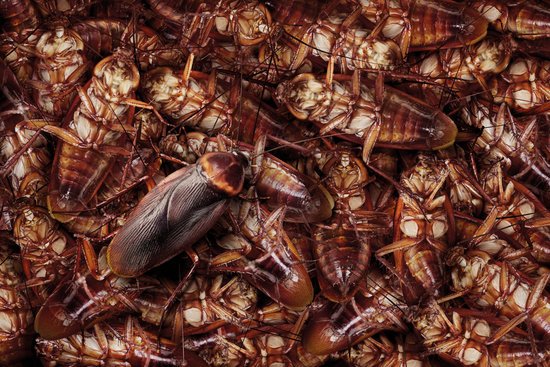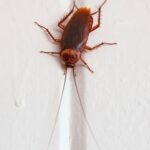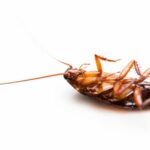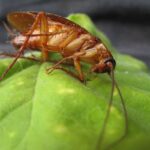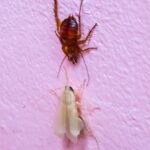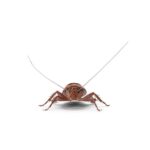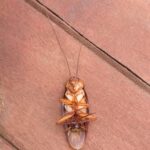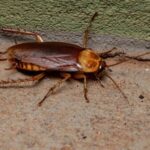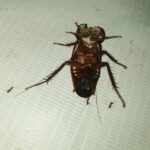Will Cockroach Survive Nuclear War?
The Mythbusters have performed a test to see if a cockroach would survive nuclear war. They tested German cockroaches to see how they would fare in a nuclear war. Ultimately, they concluded that a roach would not survive a direct nuclear bomb blast. However, other species of cockroaches could survive in a less extreme way, and may be able to survive the radiation.
Although cockroaches are not hardy animals, they are very hardy and tenacious insects. They have been around for about 250 million years and are among the toughest insects on Earth. They even survived the Jurassic period, where they lived with cavemen and witnessed the evolution of humankind. Some species of cockroaches even survived a giant asteroid that wiped out dinosaurs over 66 million years ago. Cockroaches are capable of surviving extreme conditions, which is why they are so hardy.
While cockroaches may not be able to survive nuclear war, there are other insects and bacteria that can survive in high-dose radiation environments. Some of these organisms are even more resistant than cockroaches. Some of these species include flour beetles, which can survive up to 100,000 rads. Other radiation-resistant organisms include bacteria, protozoa, mosses, and algae.
Insects are also known to be better at resisting radiation than humans. A 1919 study by Dr. W.P. Davey showed that flour beetles lived longer when exposed to 60 rads of x-rays. The same result was repeated in 1957 by Dr. J.M. Cork. In 1959, Drs. Wharton found that 1000 rads inhibited cockroach fertility and killed 93% of immature German cockroaches. This means that insects are only six to fifteen times more radioresistant than humans.
